
Zim Now Writer
Zimbabwe is this year set to receive US$14 million from the United States President’s malaria Initiative, a programme which currently supports 24 countries in sub-saharan Africa and the Mekong sub-region of southeast Asia.
This comes as malaria continues to be a problem in the country and the programme is aimed at controlling and eventually eliminating malaria.
Zimbabwe started getting support as a PMI partner country in 2011.
Besides supporting malaria research, the fund will also support interventions such as vector monitoring and control, malaria in pregnancy, case management, health supply chain and pharmaceutical management, social and behaviour change, surveillance as well as monitoring and evaluation programmes.
Related Stories
It will also support malaria research.
It is anticipated that with PMI, the national malaria control programme will shift additional districts and wards from in-door residual spraying to insecticide-treated mosquito nets in the coming years.
“Using 2023 Malaria Operational Plan funds, PMI will continue to provide limited technical assistance for IRS implementation at the central level and in selected districts. PMI will also continue to direct substantial resources towards the procurement and distribution of ITNs. Finally, PMI will continue to fund a local entity to conduct and strengthen entomological monitoring through a PMI supported laboratory and insectary, including support for established longitudinal monitoring sites in Mashonaland East Province and the cultivation of field collection skills at additional sites in Manicaland, the province with the highest malaria transmission in the country,” the US President’s Malaria Initiative Zimbabwe Malaria Operational Plan FY 2023 read.
PMI will collaborate with the Global Fund and the Department of Pharmaceutical Services and other partners in coordinating procurement and delivery schedules to ensure appropriate stock levels to cover up until 2024.
The fund will support case management, distribution of artemisinin-based combination therapies, diagnostic tests, and injectable artesunate, as well as national policy support and provision of technical assistance.
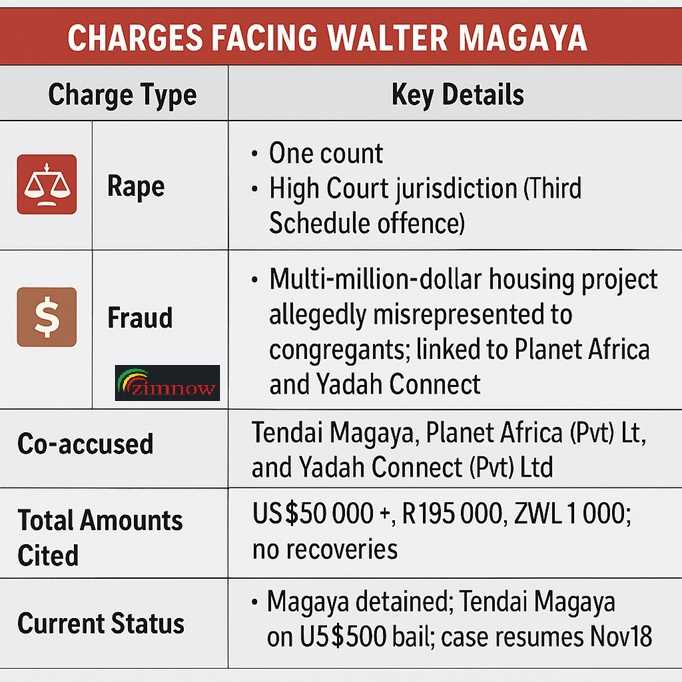
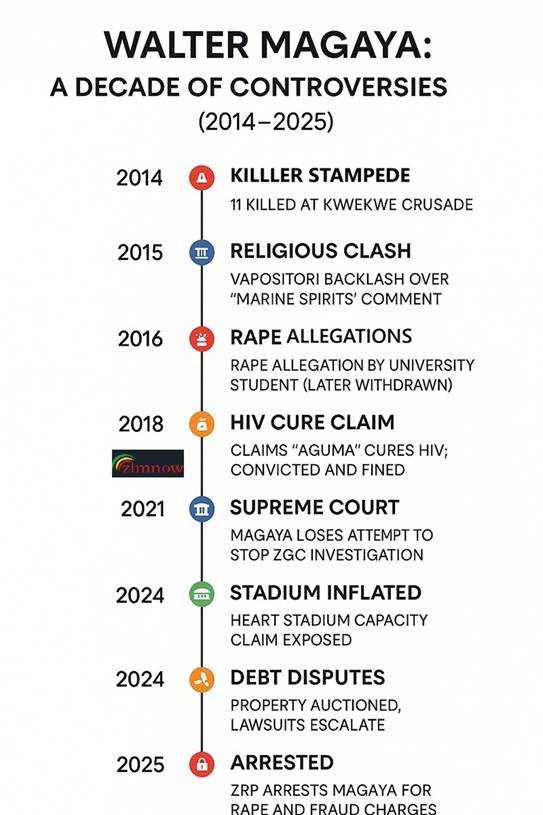
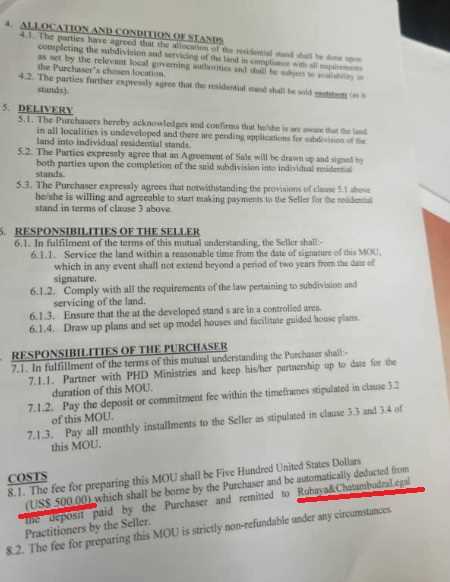

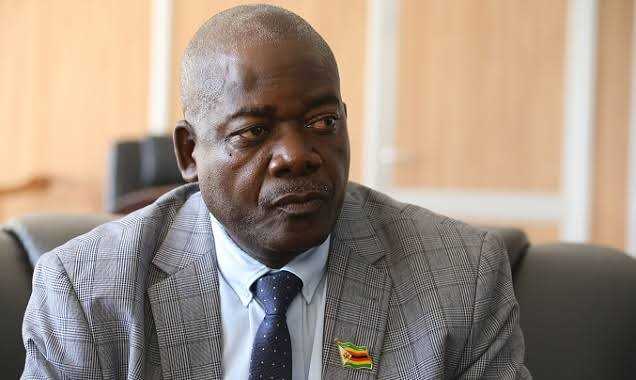
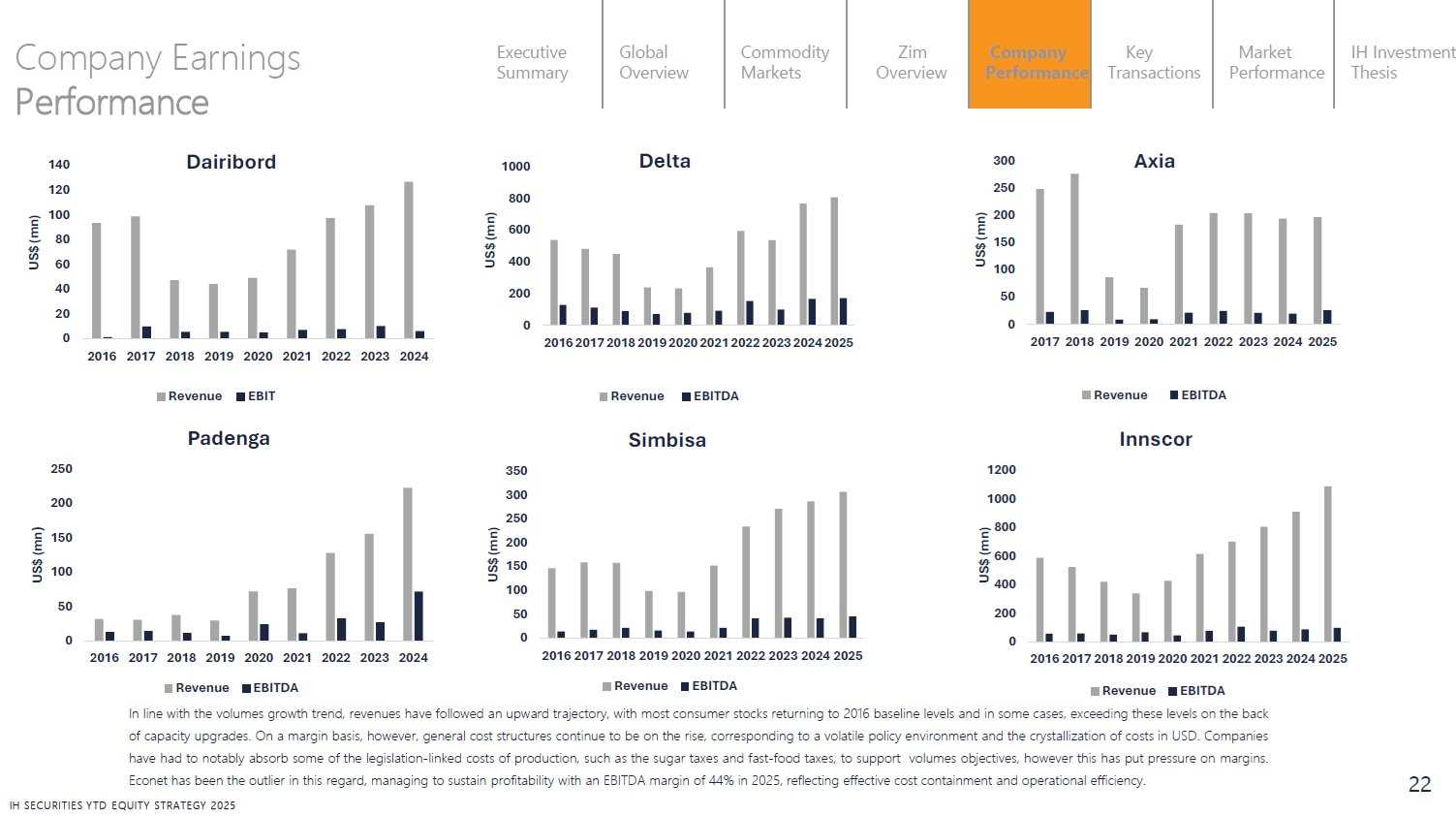





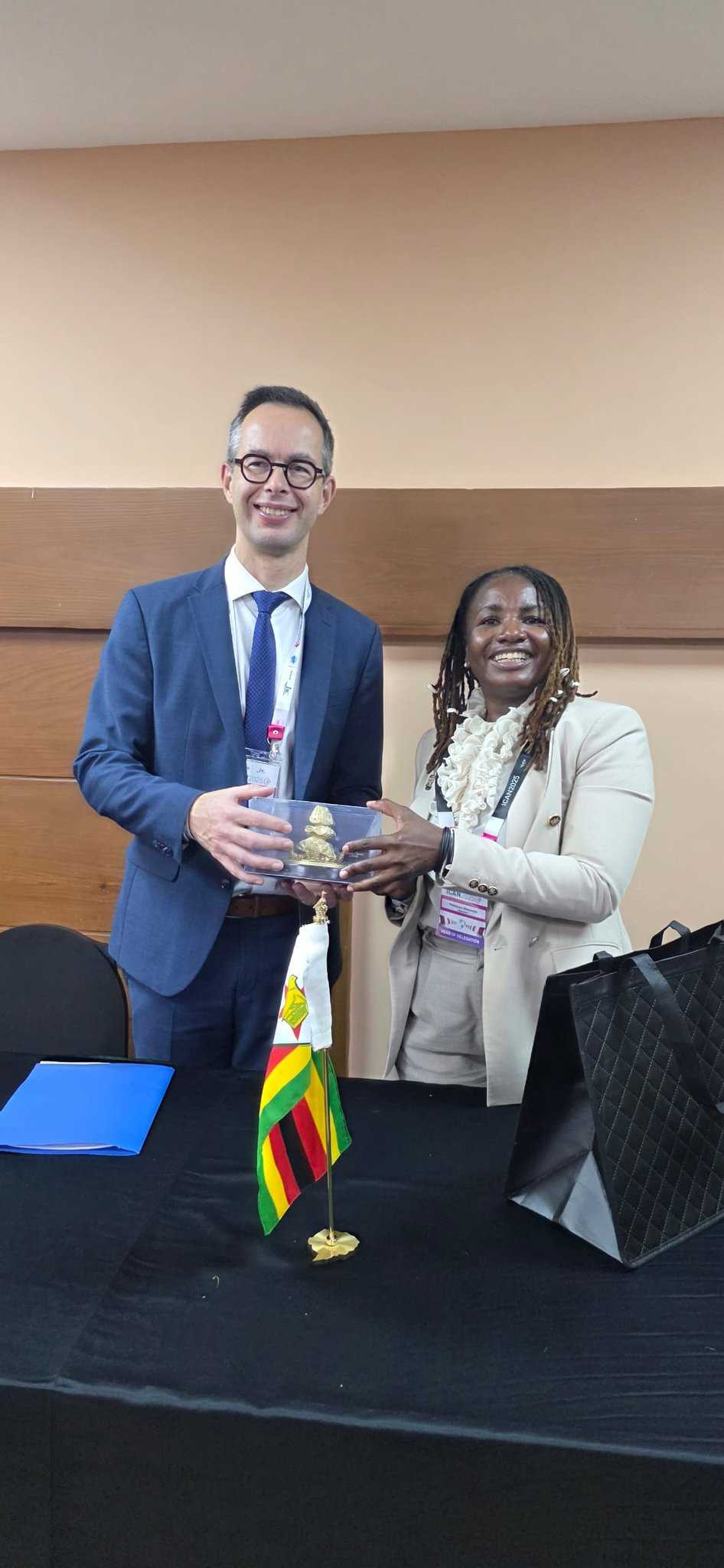


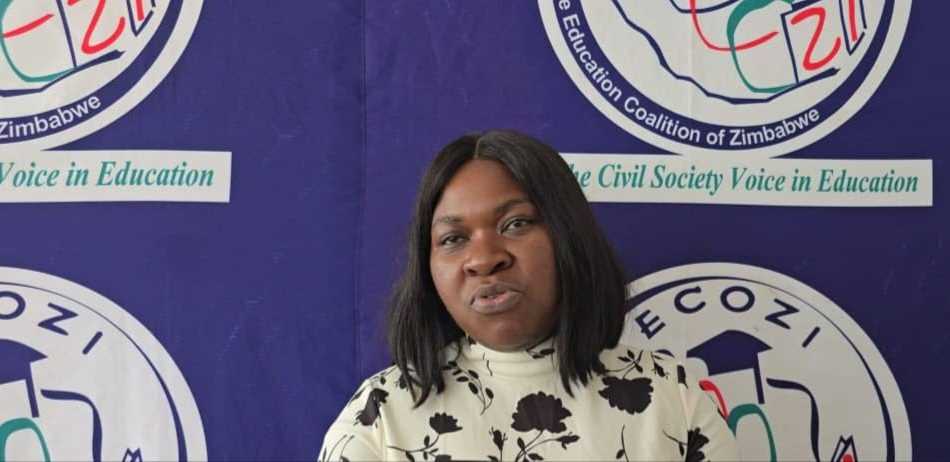





Leave Comments